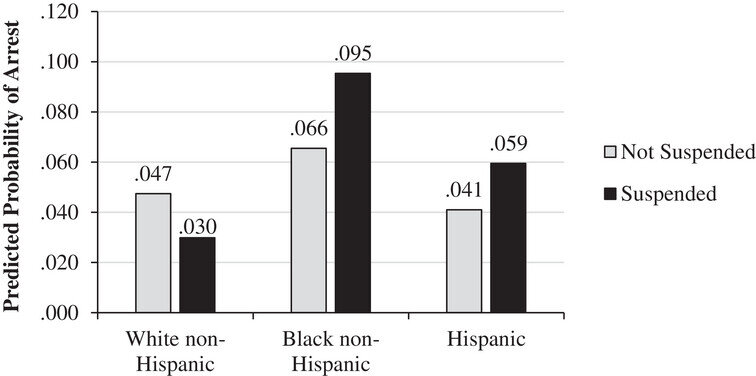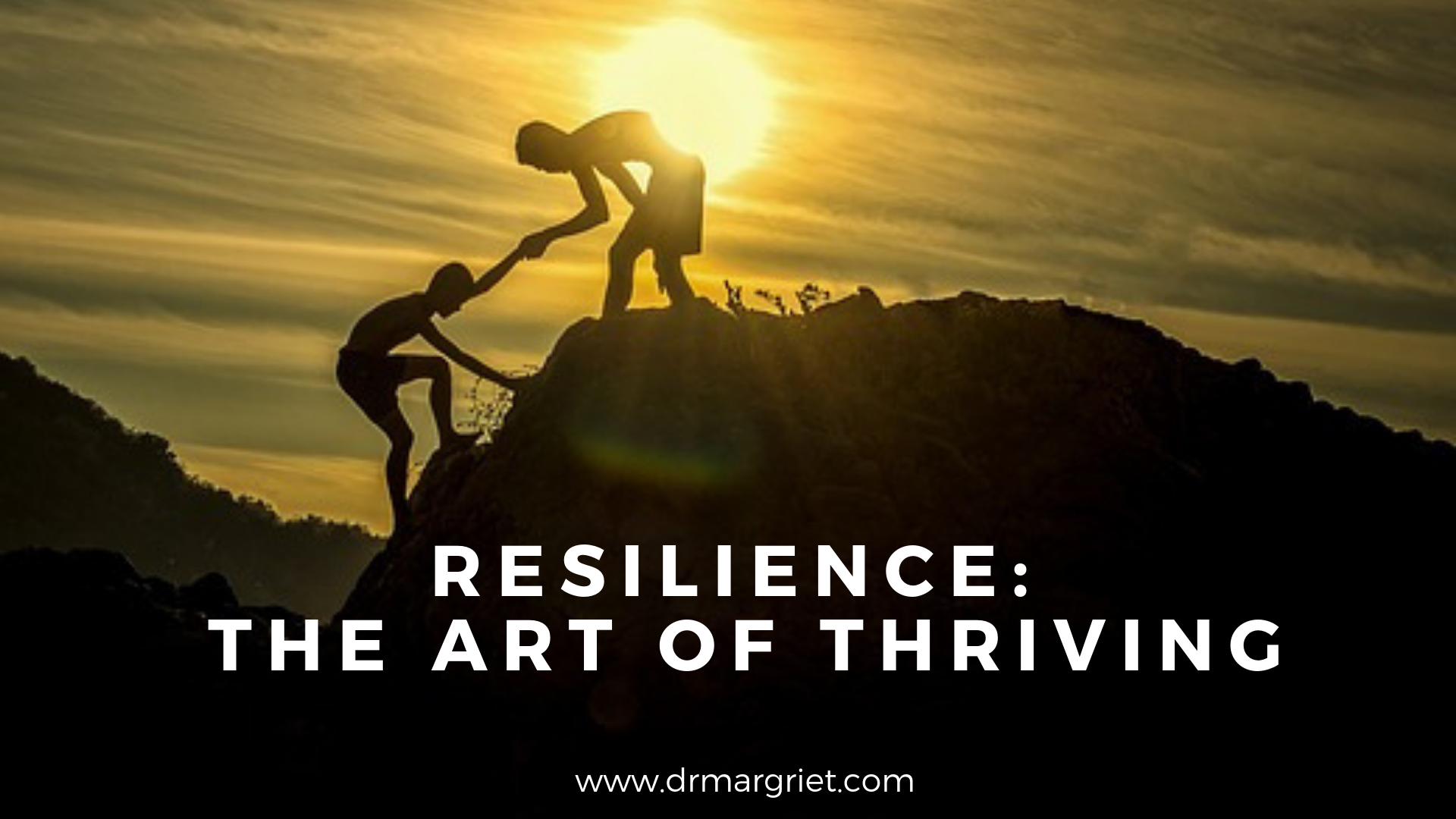The Harmful Effects Of School Suspensions: A Critical Analysis

Table of Contents
The Academic Impact of School Suspensions
School suspensions significantly disrupt a student's academic trajectory, leading to a cascade of negative consequences.
H3: Increased Absenteeism and Falling Grades
Suspensions directly translate to missed classes, crucial instruction, and unfinished assignments. This absence disrupts the learning process, creating gaps in knowledge that are difficult to bridge.
- Missed learning opportunities: Students miss vital lectures, in-class discussions, and the opportunity to receive immediate feedback on their work. Important tests and projects are missed, further hindering their academic performance.
- The snowball effect: Missed assignments accumulate, leading to falling grades and decreased motivation. The pressure of catching up can be overwhelming, contributing to further academic struggles.
- Impact on GPA and future prospects: Lower grades directly impact a student's GPA, which can severely limit their college application options and future educational attainment. A lower GPA can also affect scholarship opportunities and future career prospects. This is particularly concerning given the correlation between high school GPA and future earning potential.
H3: Long-Term Educational Consequences
The impact of school suspensions extends far beyond a single semester. There's a strong correlation between suspensions and long-term educational setbacks.
- Increased dropout rates: Students who experience repeated suspensions are significantly more likely to drop out of school before graduation. This dramatically limits their future opportunities.
- Reduced college enrollment: Even if students manage to graduate, frequent suspensions can negatively impact their academic record, making it more difficult to gain admission to college or secure financial aid.
- Decreased future earning potential: The lack of a high school diploma or college degree significantly reduces a student's earning potential, contributing to a cycle of poverty and disadvantage. This has significant economic consequences, both for the individual and society.
The Social and Emotional Effects of School Suspensions
Beyond the academic realm, school suspensions have devastating consequences for a student's social and emotional development.
H3: Increased Risk of Delinquency and Criminal Behavior
Suspension often leads to increased isolation and exposure to negative peer influences, increasing the risk of delinquency and future criminal behavior.
- Statistics linking suspensions to future criminal behavior: Studies consistently show a correlation between school suspensions and increased involvement in the juvenile justice system and subsequent criminal activity.
- Social isolation and lack of support: Suspended students are removed from the structured environment of school, leaving them vulnerable to negative peer pressure and lacking access to positive adult role models.
- Impact on self-esteem: The stigma associated with suspension can significantly damage a student's self-esteem and sense of belonging, leading to further behavioral problems.
H3: Mental Health Implications
School suspension can significantly contribute to the development of mental health issues. The removal from a supportive school environment and the associated stigma can be profoundly damaging.
- Social isolation and stigma: The isolation and feeling of shame associated with suspension can lead to increased feelings of depression, anxiety, and loneliness.
- Lack of access to mental health support: Suspended students often lose access to crucial school-based mental health services, exacerbating their mental health challenges.
- Long-term effects on mental well-being: The negative emotional and psychological impact of school suspensions can have long-lasting consequences on a student's mental health and overall well-being.
Alternative Disciplinary Approaches to School Suspensions
Rather than relying on punitive measures like school suspensions, schools should adopt alternative disciplinary approaches that address the root causes of misbehavior and promote positive behavior changes.
H3: Restorative Justice Practices
Restorative justice focuses on repairing harm and promoting reconciliation between the student, the victim (if any), and the school community.
- Examples of restorative justice practices: These practices include mediation, conflict resolution circles, and restorative conferences, all aimed at fostering understanding and empathy.
- Focus on repairing harm: Instead of punishment, restorative justice emphasizes repairing the harm caused by the misbehavior and restoring relationships within the school community.
- Improved student-teacher relationships: By fostering communication and understanding, restorative practices can improve student-teacher relationships and create a more supportive learning environment.
H3: Positive Behavioral Interventions and Supports (PBIS)
PBIS is a proactive approach to behavior management that focuses on creating a positive school climate and preventing problem behaviors before they escalate.
- Key components of PBIS: PBIS includes clearly defined expectations, consistent reinforcement of positive behaviors, and individualized support for students who struggle with behavior.
- Proactive approach to behavior management: Instead of reacting to misbehavior, PBIS focuses on preventing problems through teaching and reinforcing positive behaviors.
- Improved school climate and student well-being: By creating a more supportive and inclusive school environment, PBIS can significantly reduce the need for suspensions and improve student well-being.
Conclusion
School suspensions have far-reaching negative consequences, impacting students' academic achievement, social and emotional well-being, and future prospects. The evidence clearly demonstrates the need for a shift away from punitive disciplinary approaches towards restorative justice and PBIS. These alternative strategies offer a more effective and humane way to address student misbehavior, creating supportive learning environments where all students can thrive. Let's work together to find alternatives to harmful school suspensions and build a more inclusive and equitable education system for all children. We must advocate for policies and practices that prioritize positive behavior interventions and support systems to reduce reliance on school suspensions and create safer, more effective learning environments.

Featured Posts
-
 Chinas Trade War Resilience Fact Or Fiction A Look Behind The Curtain
May 03, 2025
Chinas Trade War Resilience Fact Or Fiction A Look Behind The Curtain
May 03, 2025 -
 Backwards Music In Fortnite Players React Negatively
May 03, 2025
Backwards Music In Fortnite Players React Negatively
May 03, 2025 -
 Shrewsbury Visit Farage Attacks Conservatives Over Relief Road Plans
May 03, 2025
Shrewsbury Visit Farage Attacks Conservatives Over Relief Road Plans
May 03, 2025 -
 Macron Rencontre Des Victimes Israeliennes Une Image Rare Et Poignante
May 03, 2025
Macron Rencontre Des Victimes Israeliennes Une Image Rare Et Poignante
May 03, 2025 -
 Backlash Against Fortnites Latest Item Shop Update
May 03, 2025
Backlash Against Fortnites Latest Item Shop Update
May 03, 2025
